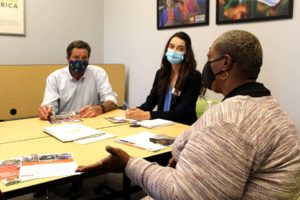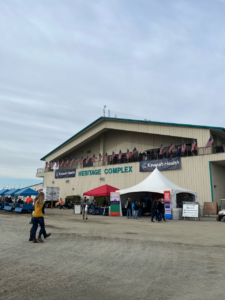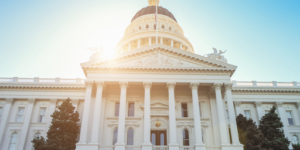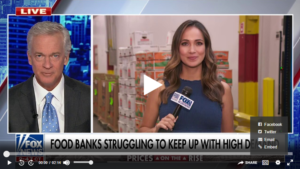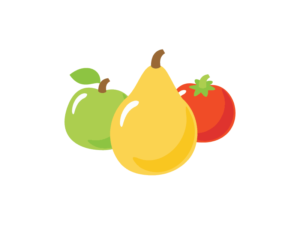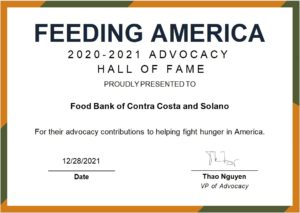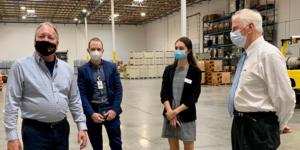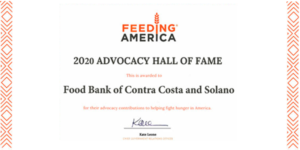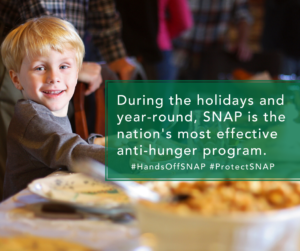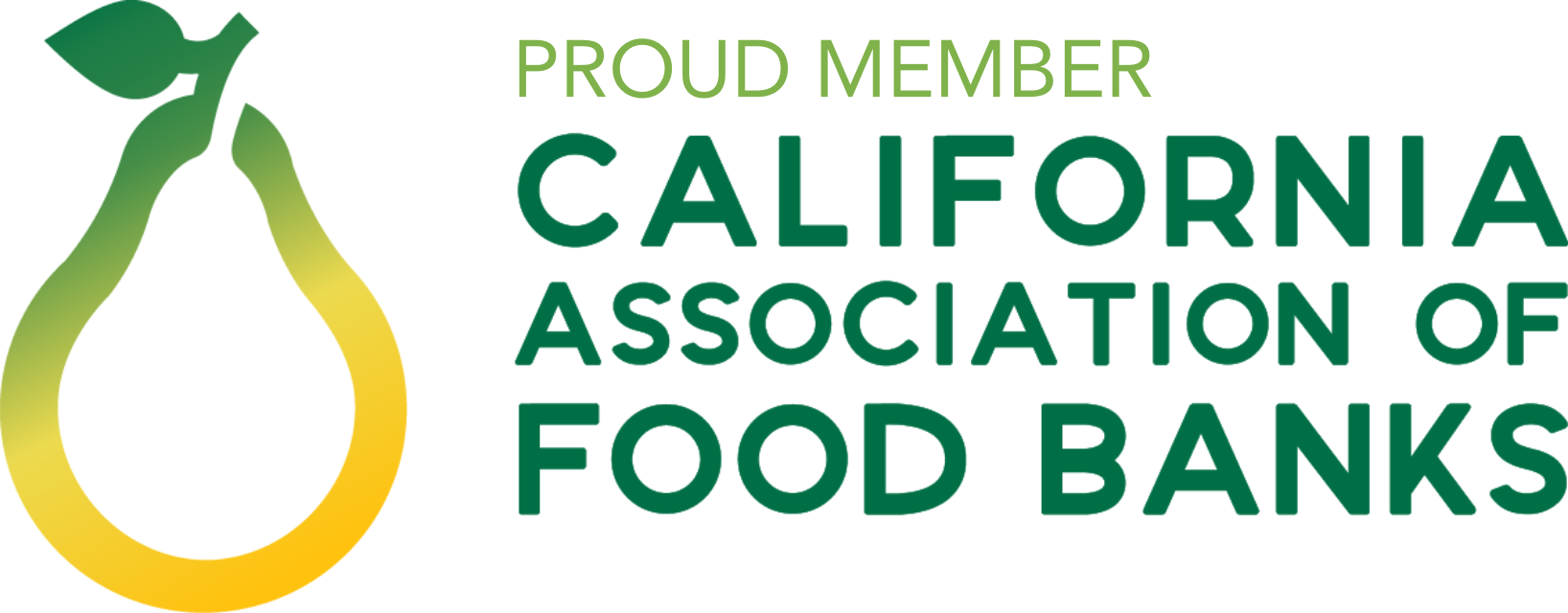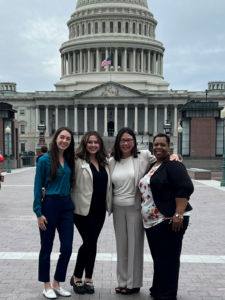
Food Bank Advocacy Team and CAP Advocates take D.C.
For the first time in the history of our Food Bank’s Advocacy Team, two of our CAP Advocates joined us at the Feeding America and Food Research and Action Center National Anti-Hunger Policy Conference and Lobby Day in Washington, D.C. Food Bank Government and Public Affairs Manager Cassidie Carmen Bates,

